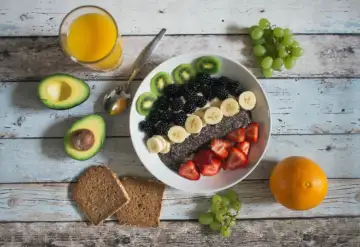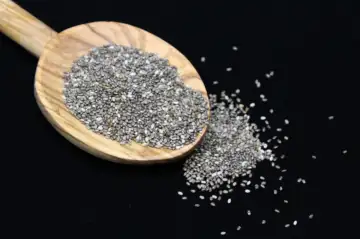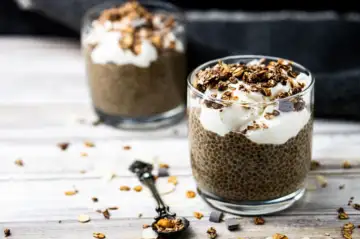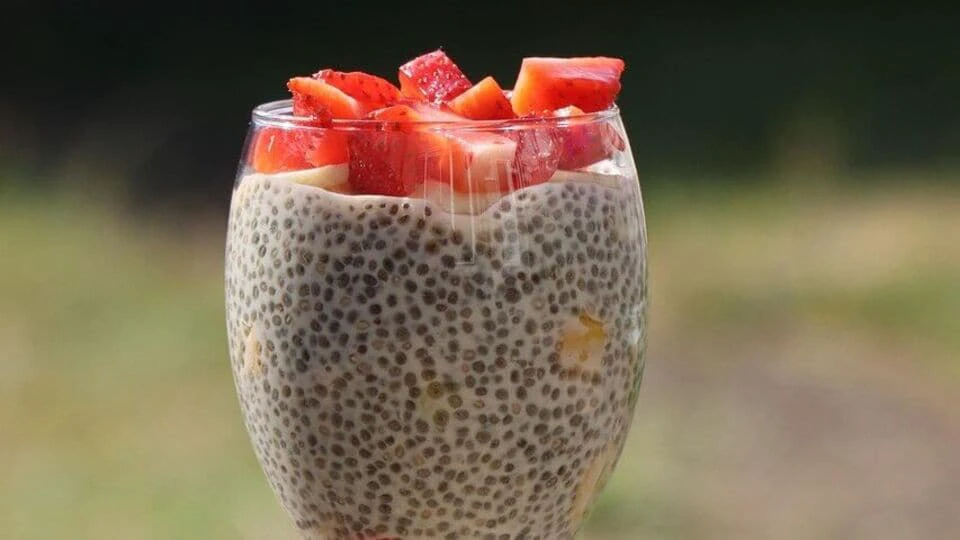Chia seeds have gained popularity as one of the most renowned foods globally in recent years due to their nutritional characteristics and medicinal properties.
Chia is a very good ingredient as it has the highest known content of α-linolenic acid and can easily be incorporated into commercial food. It has been noted in various studies that, with a high concentration of fatty acids, chia seeds can play a significant role in health, antioxidant, and antimicrobial activity.
Dr. Manisha Arora, Director – Internal Medicine at the CK Birla Hospital®, Delhi says nutrient-rich chia seeds in daily diet can significantly benefit digestion and overall health. They are packed with fiber, omega-3 fats, protein and important minerals to help aid in digestion, keep bowel movements regular and support heart health. They can also help you stay hydrated and your gut health in check. “We believe that a superfood fitness diet when included in daily consumption can increase your energy and metabolism,” Dr. Arora adds, noting that it also enhances overall well-being in the long run.
A nutritional powerhouse for the gut

The term chia is derived from the Spanish term “chian”, which is “oily”. Chia is described by various sources as an oilseed whose powerhouse is made of fats, carbohydrates, dietary fiber, proteins, vitamins (A, B, K, E, D), minerals, and antioxidants. The benefits of employing chia seeds as a nutritional supplement are vast. Positive advantages include nourishing the digestive system, healthy skin, denser bones and muscles, lowering the risk of heart disease, diabetes, etc. Recently, there have been numerous findings related to nutritional value, phytochemicals, and extraction processes concerning chia seeds.
Supports healthy gut microbiota

Our intestines harbour trillions of beneficial bacteria, which play a crucial role in digestion, immunity, and even mental well-being. A diet rich in fiber assists in feeding these “good bacteria.” Chia seeds carry a high quantity of polyphenolic antioxidants; the seed is mycotoxin-free and it is gluten-free. Daily intake of chia seeds stimulates growth in such bacteria, enhancing the overall balance of gut microbiome. A normal microbiome can ease bloating, acidity, and other digestive issues and aid in nutrient absorption. Detoxification and anti-inflammatory activity
A number of authors studied the beneficial action of the polyphenolic compounds of chia seeds by various analytical methods.
Chemical compounds, e.g., caffeic acid, ferulic acid, chlorogenic acid, rosmarinic acid, and flavonoids (quercetin, kaempferol, daidzein, etc.), have been predominantly explored by various analytical methods, of which UHPLC (ultra-high performance liquid chromatography), HPLC (high performance liquid chromatography), and UPLC (ultra-performance liquid chromatography) are especially noted, says Dr Arora.
Their biological functions range from antioxidant, anti-aging, and anti-hypertensive to anti-cancerogenic and anti-inflammatory.
How to use chia seeds for best results

Chia seeds may be added or mixed into biscuits, pasta, cereals, snacks and cakes.
Some manufactures have their own proprietary blends that include egg, fat or derivatives of chia with a hydrophilic (water attracting) property.
They can soak up to 12 times their weight in water. Chia gel may be substituted for oil or eggs in your baked goods.
Chia oil has been shown to substitute up to 25 percent of egg in cakes. The butter nutritional value may be improved by addition of chia oil at 6.5 percent up to 25 percent, resulting in an increase of ω-3 fatty acids (4.17-16.74 percent) enrichment level in chia supplemented butters.
Regular consumption of chia seeds on a daily basis for at least 1 month can help in digestion, reduce bloating and increase energy. Once the gut is given proper nourishment and water, it begins to heal itself. It may sound small, but doing this one little thing daily like adding chia seeds to your life can help restore and revitalize you in the long run, from the inside out.
